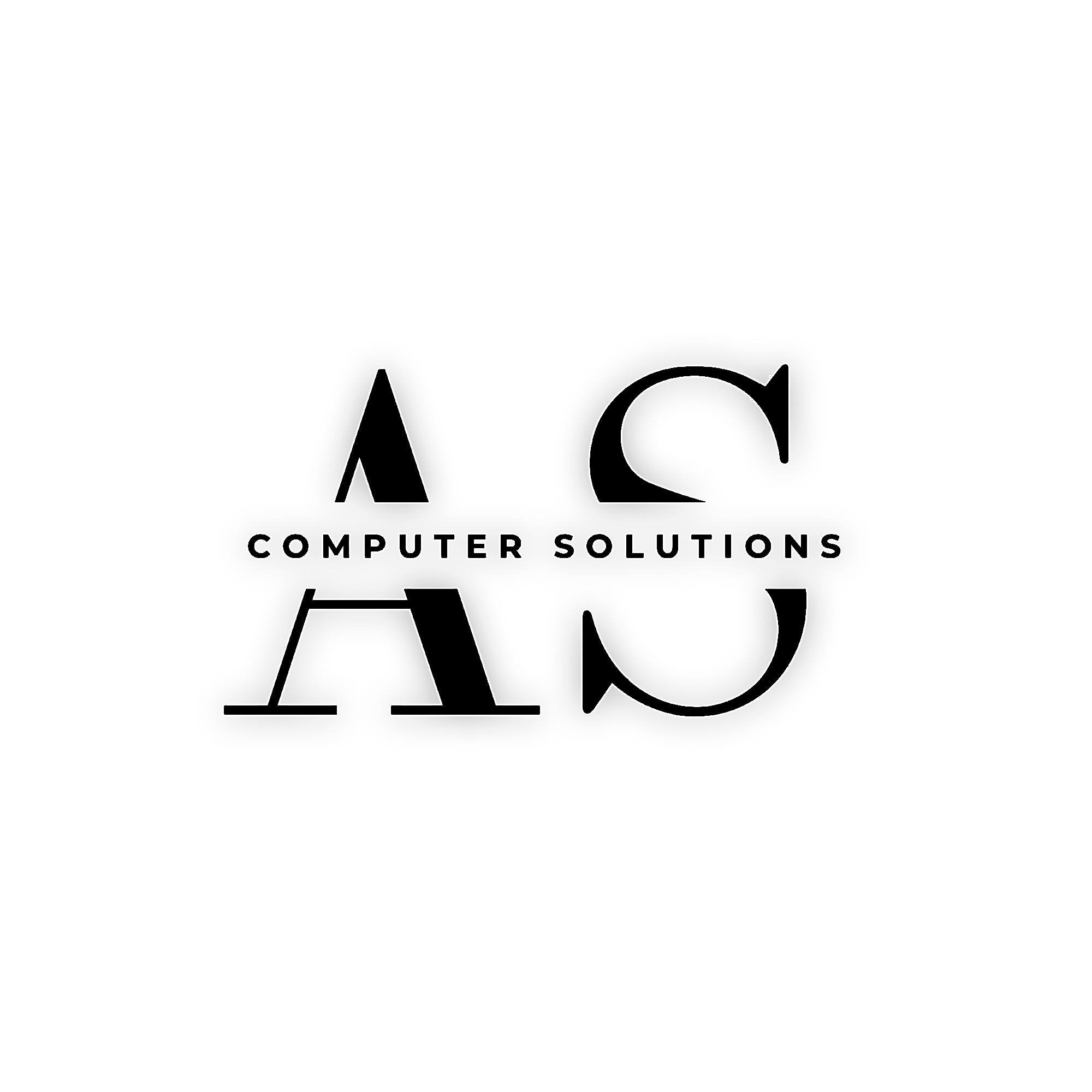Your cart is currently empty!

Buying a used computer can be a smart way to stretch your budget—especially if you just need something solid for everyday use, school, work, or a small business setup. But knowing what you’re actually getting under the hood? That’s where things get a little tricky.
The answer depends on a few key specs. Let’s break them down in plain English, so the next time you’re looking at a used desktop or laptop, you’ll know exactly what you’re looking at—and what to avoid.
🧠 The Processor (CPU): The Brain of the Operation
The CPU is what makes the whole system go. It handles everything from loading web pages to running software.
What to look for:
- Brand & Model: Common ones are Intel Core i3/i5/i7 or AMD Ryzen 3/5/7. Higher numbers = more power.
- Generation matters: An Intel i7-7700 might sound great, but it’s way older than an i5-10400. Look for at least an 8th Gen Intel Core i5 or Ryzen 5 2000 series or newer if you want decent performance in 2025.
- Cores & GHz: More cores = better multitasking. For most folks, 4–6 cores is plenty.
🔍 Why this matters:Older CPUs might seem like a bargain, but they can lag badly with newer software. If you’re buying used, newer is better—even if it’s technically a “lower” model.
🧮 RAM (Memory): How Much It Can Handle at Once
RAM is what lets your computer juggle multiple tasks—like running your browser, email, and documents all at once without getting bogged down.
What to look for:
- Minimum: 8GB is the floor for a smooth experience these days.
- Ideal: 16GB gives you breathing room and future-proofing.
- Bonus: DDR4 or DDR5 is faster than older DDR3, but quantity is more important than type.
🔍 Why this matters:A used PC with only 4GB of RAM will struggle. If it’s upgradeable, fine. If not? Might be best to pass.
💾 Storage: SSD vs HDD (Speed vs Sluggish)
This is where your files, programs, and operating system live.
What to look for:
- SSD = a must. Even an old SSD is faster than a new HDD. Look for a minimum 256GB SSD.
- 512GB or more is better if you store lots of files.
- Bonus tip: An SSD for speed + HDD for bulk storage is a great combo.
🔍 Why this matters:A fast SSD can make a 5-year-old PC feel brand new. But an HDD-only system? Prepare for slow boot times and sluggish performance.
🎮 Graphics Card (GPU): Only Matters If You Need It
If you’re gaming, editing videos, or using design software, the GPU becomes important. Otherwise, you can skip this one.
What to look for:
- Integrated graphics (Intel UHD, Iris Xe, or AMD Radeon) are fine for email, web browsing, and office work.
- Dedicated graphics (NVIDIA GeForce GTX/RTX or AMD RX series) are needed for anything graphics-heavy.
🔍 Why this matters:Don’t expect gaming performance from a basic office machine. And don’t overpay for a fancy graphics card if you’ll never use it.
🧰 Other Things You Should Definitely Check
🖥️ Operating System:Make sure it has a legit copy of Windows 10 or 11, or macOS. If it doesn’t, that’s an added cost.
🔌 Ports:Need USB-C? HDMI? Ethernet? Make sure it has what you need.
🔋 Battery (Laptops Only):Batteries degrade over time. If the laptop only lasts 20 minutes unplugged, you might need to budget for a replacement.
🧼 Physical Condition:Some scratches or scuffs are fine, but missing keys, cracked screens, or broken ports? That’s a red flag.
🧾 Seller Reputation:Buy from someone you trust. Ask for return options and proof that the device isn’t stolen.
🧪 Test It if You Can:Turn it on. Open a few programs. Try the ports. A 10-minute hands-on can tell you a lot.
✅ Bottom Line: Specs Aren’t Everything, But They’re a Great Start
Reading system specs doesn’t have to feel like decoding a secret message. Once you know what to look for, you can spot a good deal—and steer clear of lemons.
And hey—if you’re unsure about a system you’re eyeing, feel free to drop by AS Computer Solutions. We’re happy to take a look, give you honest advice, or even help source a reliable used machine that fits your needs and budget.
📍 Proudly serving Onoway and surrounding areasNeed a hand? Give us a call or stop by!
📞 (780) 967 0215

Leave a Reply